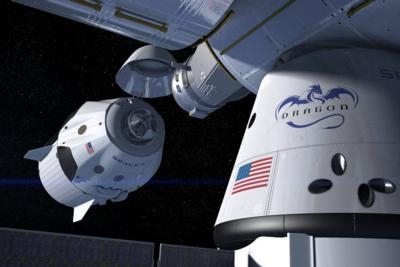Sun, Mar 29, 2020
Advertisement
More News
 Airborne-NextGen 11.04.25: Anduril YFQ-44A, Merlin SOI 2, UAV Rulemaking Stalled
Airborne-NextGen 11.04.25: Anduril YFQ-44A, Merlin SOI 2, UAV Rulemaking Stalled
Also: Horizon Picks P&W PT6A, Army Buys 3 EagleNXT, First Hybrid-Electric Regional, Army Selects AEVEX Anduril Industries’ YFQ-44A Collaborative Combat Aircraft was flown>[...]
 NTSB Prelim: Elmore Travis C Searey
NTSB Prelim: Elmore Travis C Searey
While Flying North Along The Beach At About 300 Ft Above Ground Level, The Pilot Reported That The Engine RPM Dropped To About Idle On September 28, 2025, at 1126 eastern daylight >[...]
 ANN's Daily Aero-Linx (11.03.25)
ANN's Daily Aero-Linx (11.03.25)
Aero Linx: European Association of Aviation Training and Educational Organisations (EATEO) Welcome to the “ European Association of Aviation Training and Education Organizati>[...]
 ANN's Daily Aero-Term (11.03.25): On-Course Indication
ANN's Daily Aero-Term (11.03.25): On-Course Indication
On-Course Indication An indication on an instrument, which provides the pilot a visual means of determining that the aircraft is located on the centerline of a given navigational t>[...]
 Aero-News: Quote of the Day (11.03.25)
Aero-News: Quote of the Day (11.03.25)
“It also gives us the hard data we need to shape requirements, reduce risk, and ensure the CCA program delivers combat capability on a pace and scale that keeps us ahead of t>[...]
blog comments powered by Disqus




